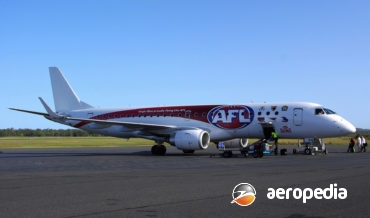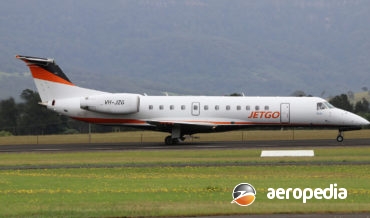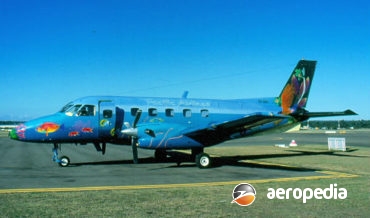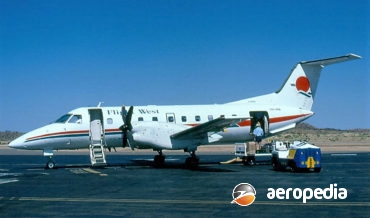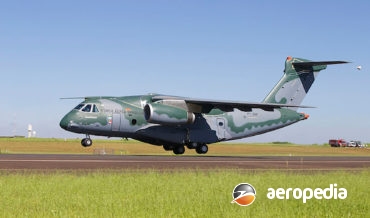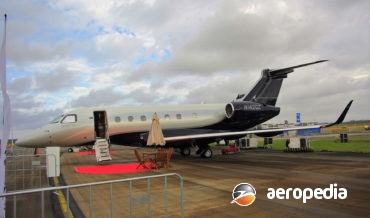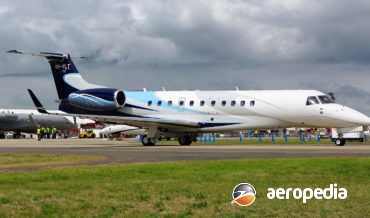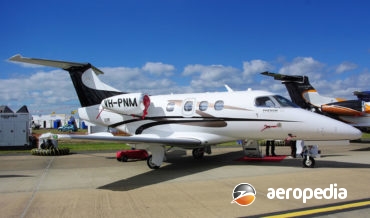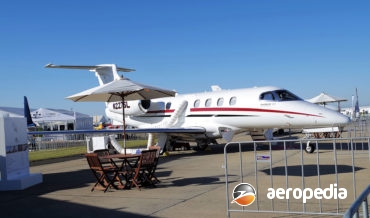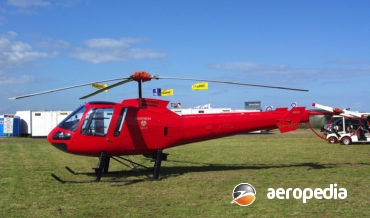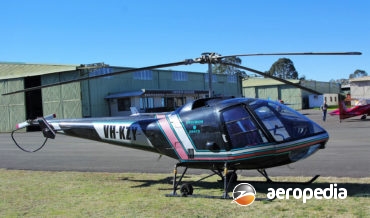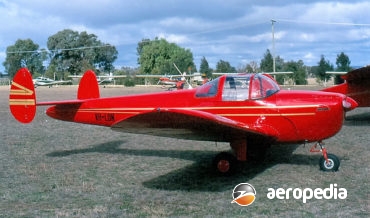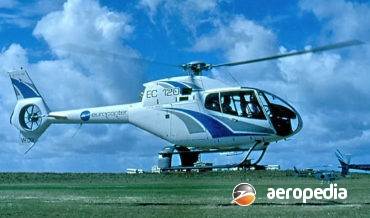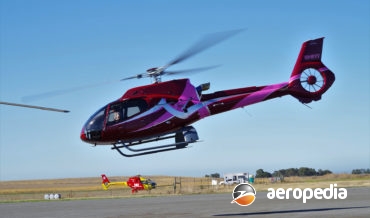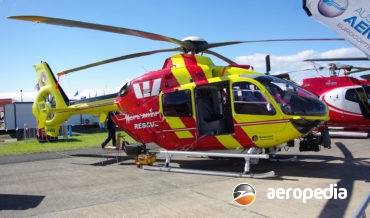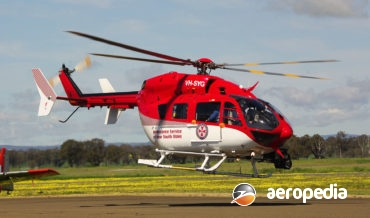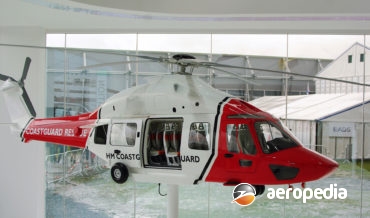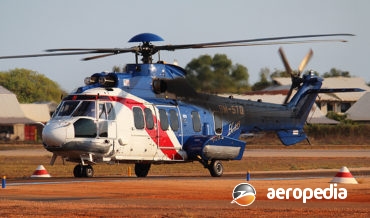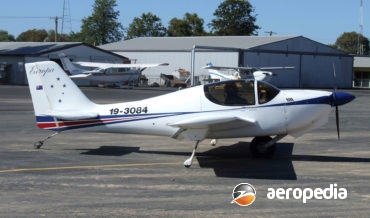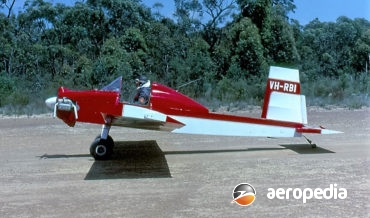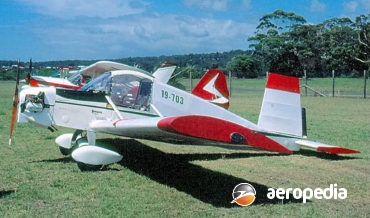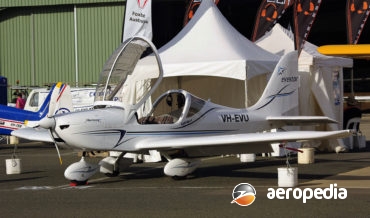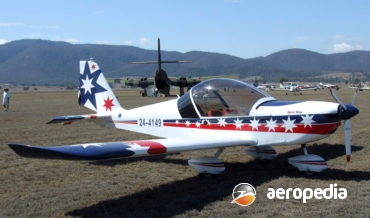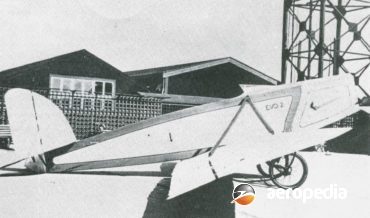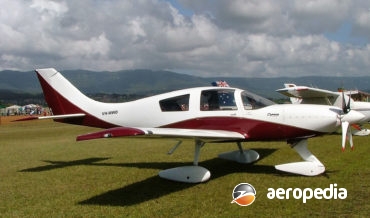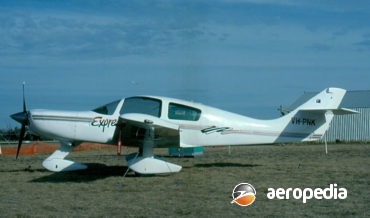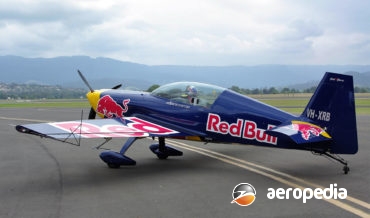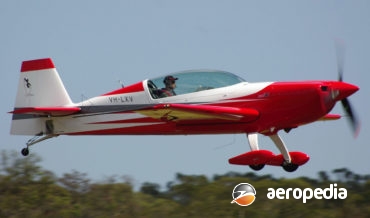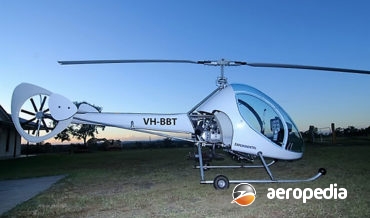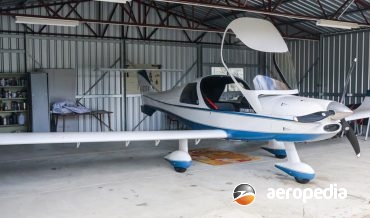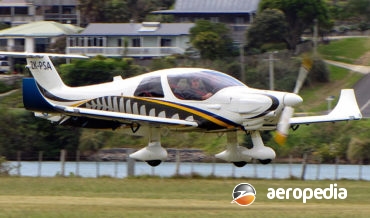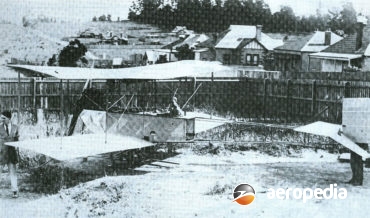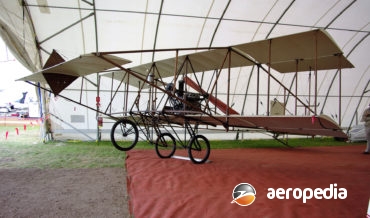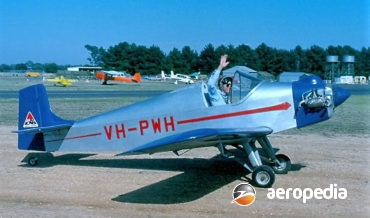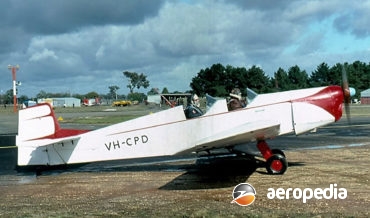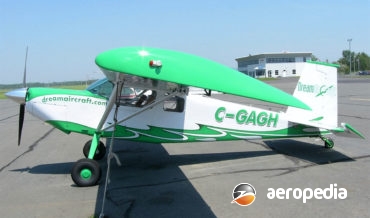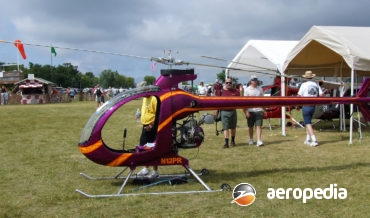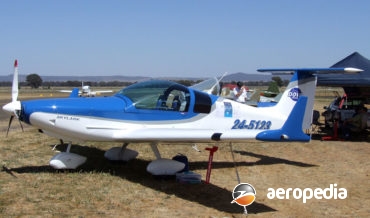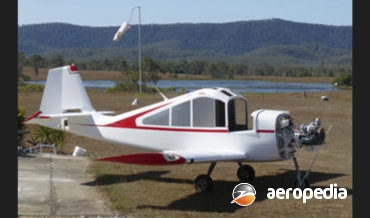All Contents
Contents
Along with the 170, 175, and 195, the Model 190 was one of a new range of airliners produced in Brazil for the World’s markets.
David C. Eyre
- May 8, 2019
The ERJ-135 program was launched on 26 September 1997 and the prototype made its first flight from the manufacturers based at Sao Jose do Campos, Brazil, on 4 July 1998, the company at that time holding orders for 73 aircraft plus options on a further 122. It (PT-ZJA) made
David C. Eyre
- May 8, 2019
Designed and developed by Embraer (Empres a Brasileirs da Aeronautica SA), which is 51-percent owned by the Brazilan Government, the Bandeirante series of aircraft was designed initially to meet the needs of the FAB (Brazilian Air Force) for a light transport.
David C. Eyre
- May 8, 2019
The Brasilia was designed by Embraer to follow on and complement the success of the Bandeirante on the world’s commuter airliner market, and to provide greater capacity.
David C. Eyre
- May 8, 2019
Originally known as the EMB-145, the ERJ-145 is a new generation regional airliners designed to take advantage of the latest technology in turbofan engines, providing jet speeds between regional centres at almost turboprop costs.
David C. Eyre
- May 8, 2019
In April 2007 Embraer announced it was developing a medium-size airlifter with the designation C-390 incorporating features from the Embraer E-jets and with a rear loading ramp.
David C. Eyre
- May 8, 2019
Described as the only mid-size business transport to feature FBW (fly-by-wire) technology, the Legacy 500 series entered service in the second half of 2014.
David C. Eyre
- May 8, 2019
The Legacy 600 is one of a series of business and executive aircraft designed, developed and constructed in Brazil by Embraer, being a development of the ERJ 135 family of commercial airliners, but being fitted with the Mark I cockpit installed in the EMB 145 series.
David C. Eyre
- May 8, 2019
The Phenom 100 is one of a range of executive turbofan powered aircraft built by the Brazilian company Embraer.
David C. Eyre
- May 8, 2019
The Phenom 300 was developed by Embraer in Brazil with the advice of executives, pilots and owner/operators to meet the evolving needs of business travellers and has a ‘new Oval Lite profile’ with an interior designed by MBW Group Designworks USA to give a new level of comfort to
David C. Eyre
- May 8, 2019
The Model 480 was developed to increase mission flexibility and to provide a more affordable light turbine-powered helicopter to place on the market which for years was dominated by the Bell 206 and the Hughes 500.
David C. Eyre
- May 8, 2019
The Enstrom Corporation of Menominee County Airport, Michigan, was formed in 1959 by Rudy Enstrom to undertake the development and production of a small helicopter for private and commercial operation.
David C. Eyre
- May 8, 2019
The Ercoupe series of light two-seat monoplanes was designed to bring simplicity into flying.
David C. Eyre
- May 8, 2019
One of a series of helicopters produced by Eurocopter, the Franco/German consortium. The prototype of the EC-120 Colibri (F-WWPA), initially designated the P120L, flew for the first time on 9 June 1995, the second prototype (F-WWPD) flying on 17 July 1996.
David C. Eyre
- May 8, 2019
In early 2001 at Heli-Expo Eurocopter announced a new helicopter had been added to its range, this being the EC-130 series based on the AS 350B3 but with a larger cabin and baggage area, and including the doors and windshield from the EC 120 Colibri series.
David C. Eyre
- May 8, 2019
The prototype of the EC-135 series (D-HECX) made its first flight at Ottobrunn, Germany on 5 February 1995, this being the first definitive aircraft following the completion of a test flying programme with two BO-108 technology demonstrators
David C. Eyre
- May 8, 2019
The EC-145 is a development of the Bk-117 series. Work commenced on the design in 1997, the type being initially marketed in Japan as the Bk 117C-2.
David C. Eyre
- May 8, 2019
The EC 175 is a multi-mission helicopter intended for the civil market which was developed by Eurocopter with the Harbin Aviation Industry Group in a joint venture.
David C. Eyre
- May 8, 2019
The Eurocopter EC-225 is a development of the former AS-332 Super Puma series to meet the requirements of oil companies to convey passengers, most being used in this area in the oil rig industry to convey workers to and from oil rigs around Australia.
David C. Eyre
- May 8, 2019
The Europa is an advanced composite homebuilt built from a kit and marketed by Europa Aviation Ltd in North Yorkshire, fitted with a retractable or fixed undercarriage.
David C. Eyre
- May 8, 2019
The Evans VP-1 and VP-2 series of light homebuilt aircraft was designed by Mr W S Evans in the USA with the idea of producing an aircraft which would be simple to build for the amateur constructor, and safe to fly with its all-wood construction.
David C. Eyre
- May 8, 2019
After completion of the design of the single-seat VP-1, Mr Evans developed a two-seat variant, the VP-2.
David C. Eyre
- May 8, 2019
The Harmony is a sister aircraft to the Sportstar series (marketed in the United Kingdom as the Eurostar) and shares many of the design features of that type.
David C. Eyre
- May 8, 2019
Evektor-Aerotechnic AS of Kunovice in the Czech Republic was formed in 1991 and a lot of its work over the years has been involved in the production of parts for aircraft designed by Aero Vodochy, particularly parts for military trainers.
David C. Eyre
- May 8, 2019
Brothers Arthur, Ronald and Ernest Everson built a small aircraft in about 1929, known as the Evo I, this being a simple high-wing glider-like design powered by a four-cylinder Henderson converted motor cycle engine, the aircraft being taken to the Mangere Speedway on 10 July 1929 but it crashed on
David C. Eyre
- May 8, 2019
The Express series was designed by Wheeler Technology Inc as a high-speed cross-country kitplane, and the prototype was built from kits of pre-moulded parts, the first aircraft flying on 28 July 1987.
David C. Eyre
- May 8, 2019
The Express was designed and developed by Wheeler Technology as a high-speed cross-country kitplane, with the unusual seating featuring one forward and one aft-facing seat in the rear, behind two side-by-side front seats with dual controls.
David C. Eyre
- May 8, 2019
The Extra 200 is a high-performance two-seat aircraft designed and marketed by Extra Flugzeugbau GmbH in Germany and aimed at the market for unlimited-category aerobatic aircraft.
David C. Eyre
- May 8, 2019
In 1982 Walter Extra of Dinslaken, Germany, participated in the World Aerobatic Championships in a Pitts biplane and decided to build his own aircraft, setting up Extra Flugzugbau in 1983 and built the Extra 230, the first flight of which took place on 14 July 1983.
David C. Eyre
- May 8, 2019
Dynali was formed in the early 1980s, the company being formed by Jacques Tonet in Belgium as Dynali, later becoming Dynali Helicopters.
David C. Eyre
- May 8, 2019
The Dyn Aero MCR Ute Pickup was designed and put into production in France as a two-seat cabin monoplane, being a development of a four-seat variant with the rear seats removed to permit the carriage of more cargo.
David C. Eyre
- May 8, 2019
The MCR-4 series was designed and is marketed in France by Societe Dyn’Aero of Darois and was initially produced in two versions, the MCR01 ULC, being an ultra light which has a max all-up weight of 450-kg (992-lb) so may be registered under ultra-light rules;
David C. Eyre
- May 8, 2019
In 1911 John Duigan, whilst in England, ordered an Avro aircraft known as the Avro Type D fitted with a 37-kw (50-hp) Alvaston engine, and in it he gained his Royal Aero Club certificate No 211 at Brooklands in April 1912.
David C. Eyre
- May 8, 2019
The Duigan biplane was designed and built by John and Reginald Duigan on a farm 128 km (80 miles) from Melbourne, and was the first aircraft to be designed and built in Australia.
David C. Eyre
- May 8, 2019
The D-31 Turbulent was designed in France by the late Roger Druine as a single-seat, low-wing monoplane which would be simple to construct by an amateur.
David C. Eyre
- May 8, 2019
The Druine D-5 Turbi was designed by the late Roger Druine in France as a two-seat development of the very successful Turbulent single-seat, light aircraft.
David C. Eyre
- May 8, 2019
The Tundra is a STOL utility aircraft of all-metal construction, the constructor of the kit aircraft being based in Quebec, Canada.
David C. Eyre
- May 8, 2019
The Dragon Fly was designed in 1985 in Italy by two archeologists, Angelo and Alfredo Castiglioni, as a two-seat light helicopter to meet a requirement they had for a survey platform or research work.
David C. Eyre
- May 8, 2019
The Skylark is one of the new light aircraft designed to meet US LSA requirements. It was designed in Canada and is manufactured in the Czech Republic.
David C. Eyre
- May 8, 2019
This was a machine designed and built in Australia. It is a low-wing sporting monoplane developed in Queensland using the fuselage basically of the Foxcon Terrier 100, which has been developed and produced at Mackay and provided in kit form, lengthening it, making some other changes to meet the needs
David C. Eyre
- May 8, 2019
Recent Comments
Archives
Categories
- No categories
Categories
- No categories
Latest Posts
Newsletter

